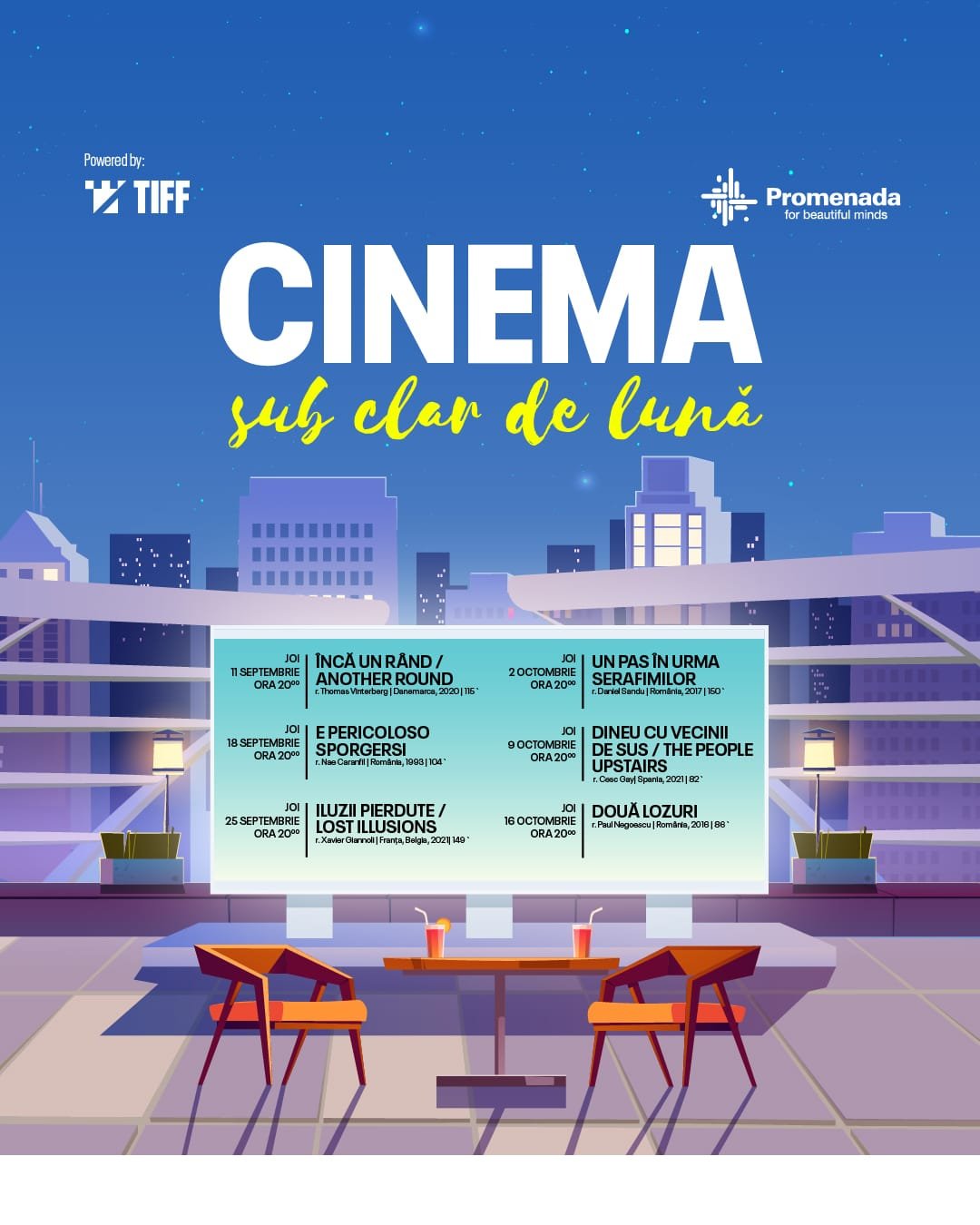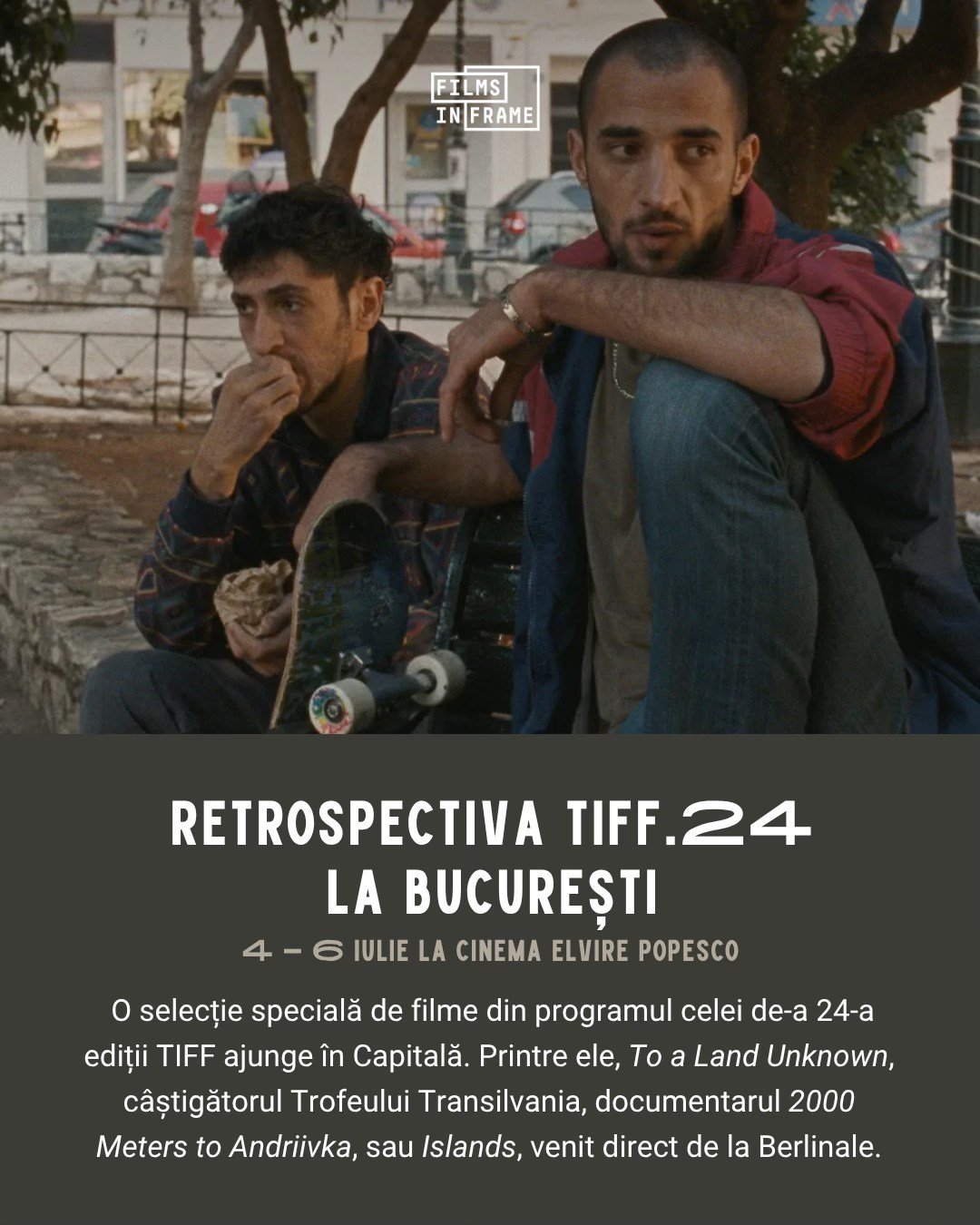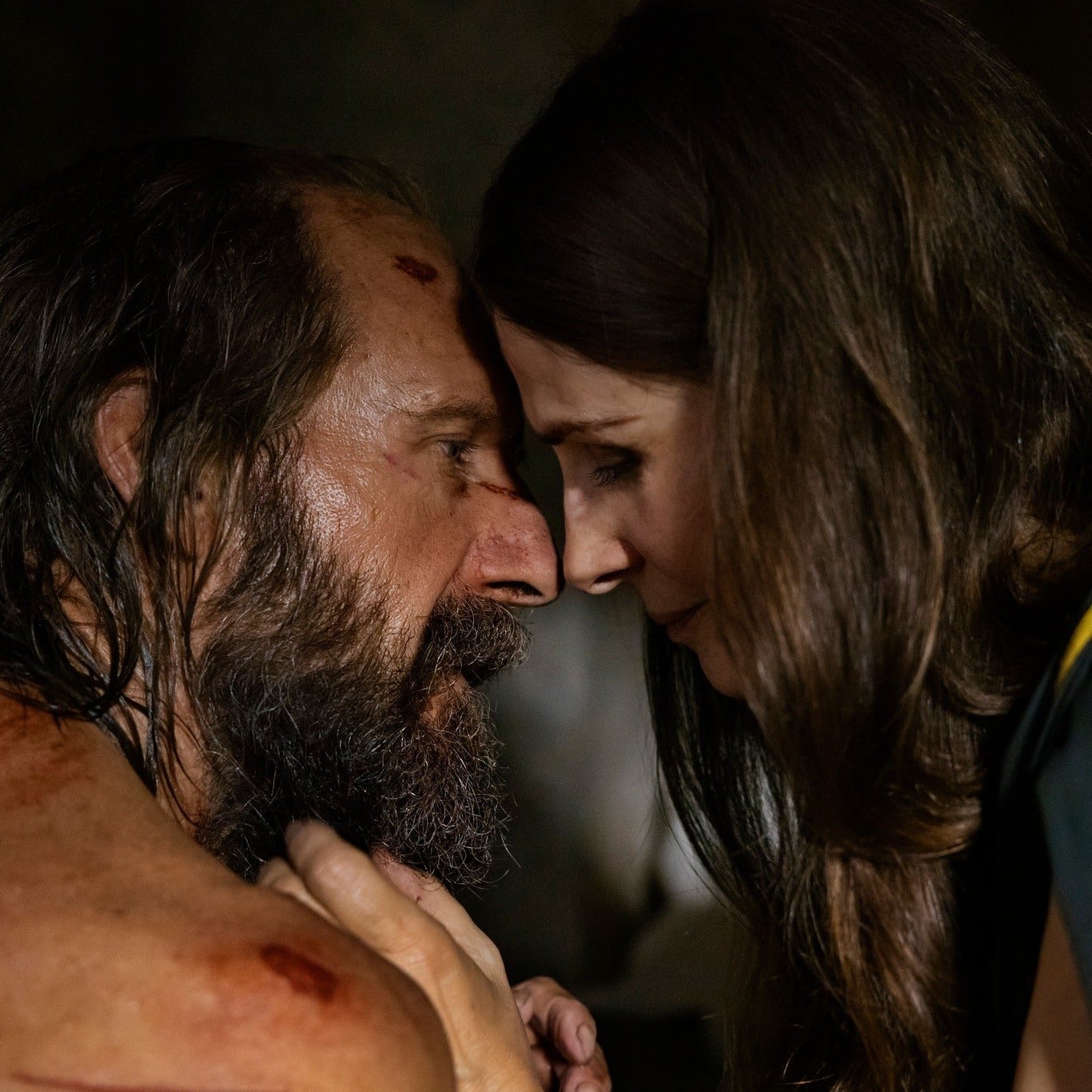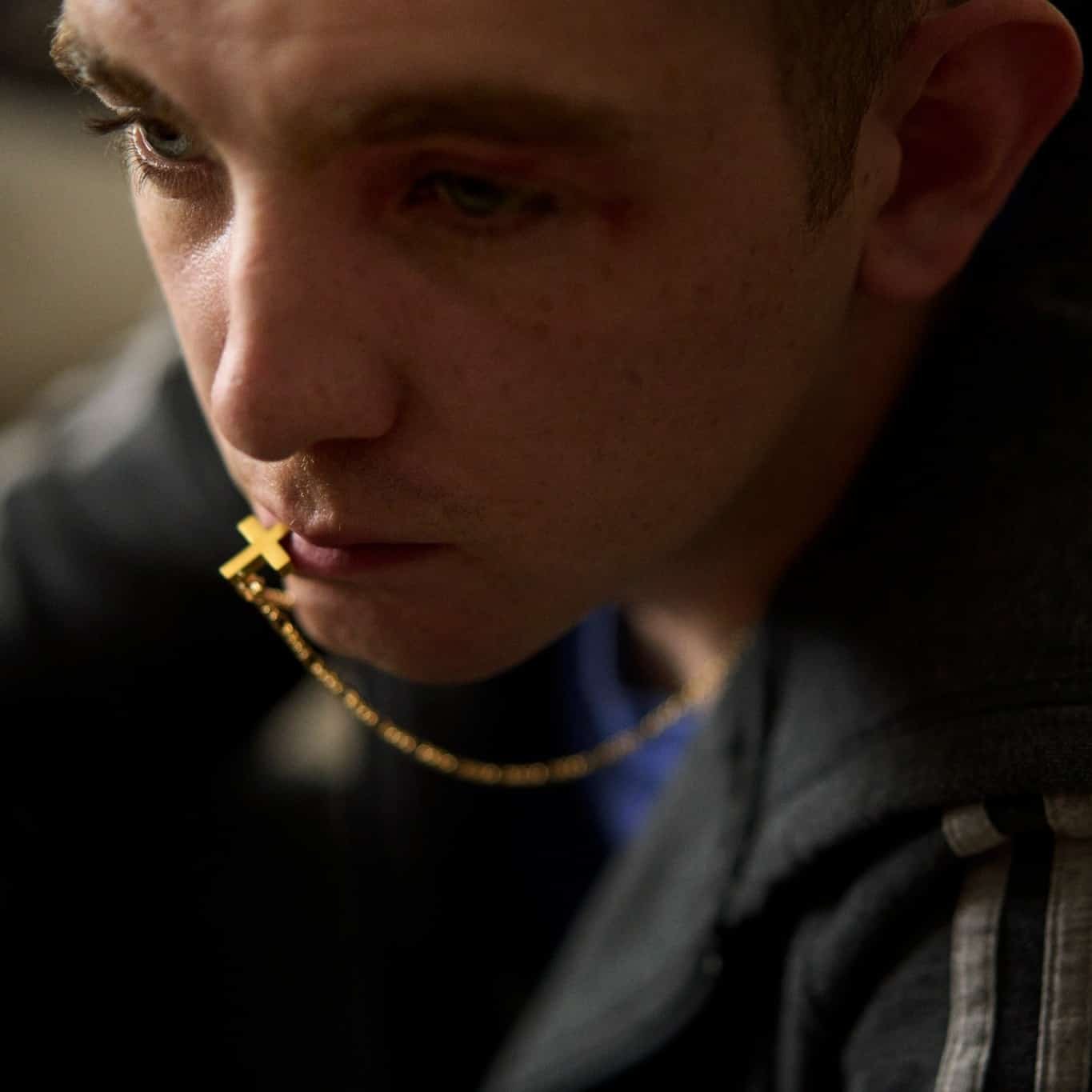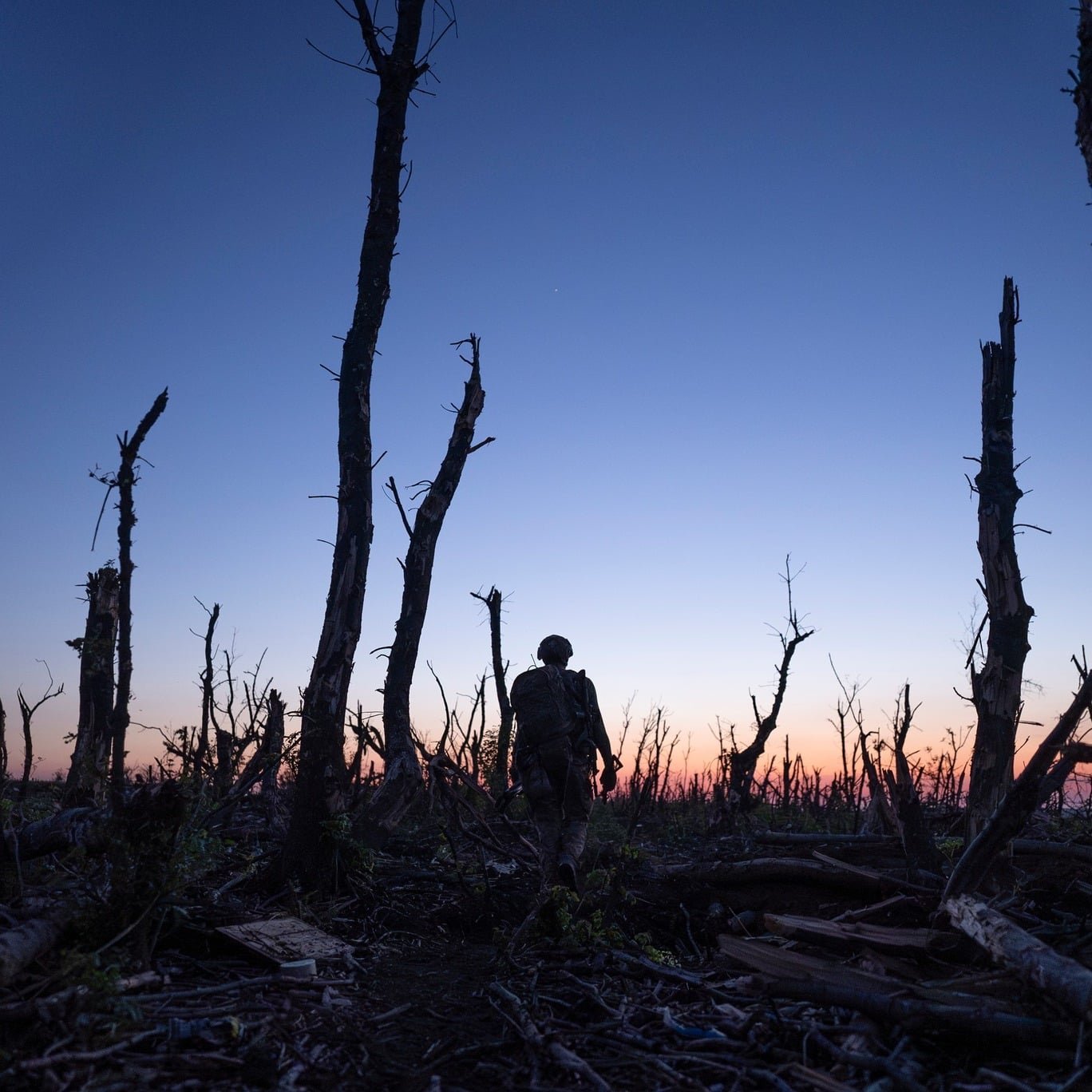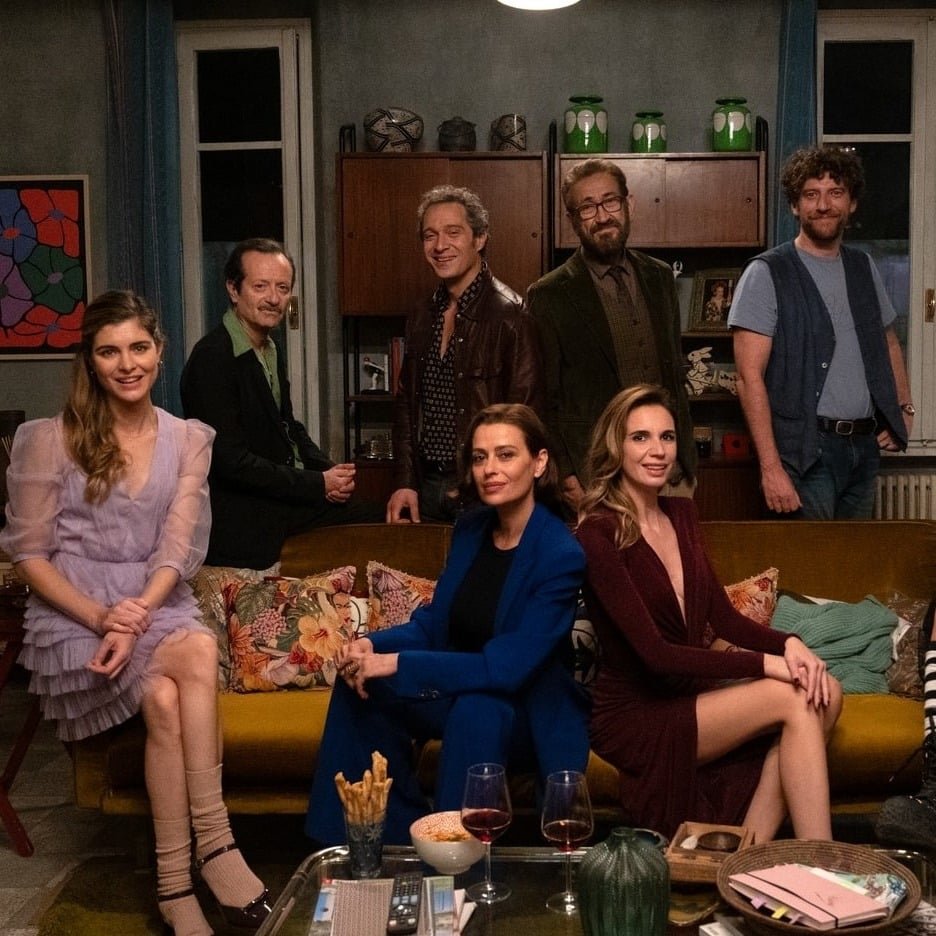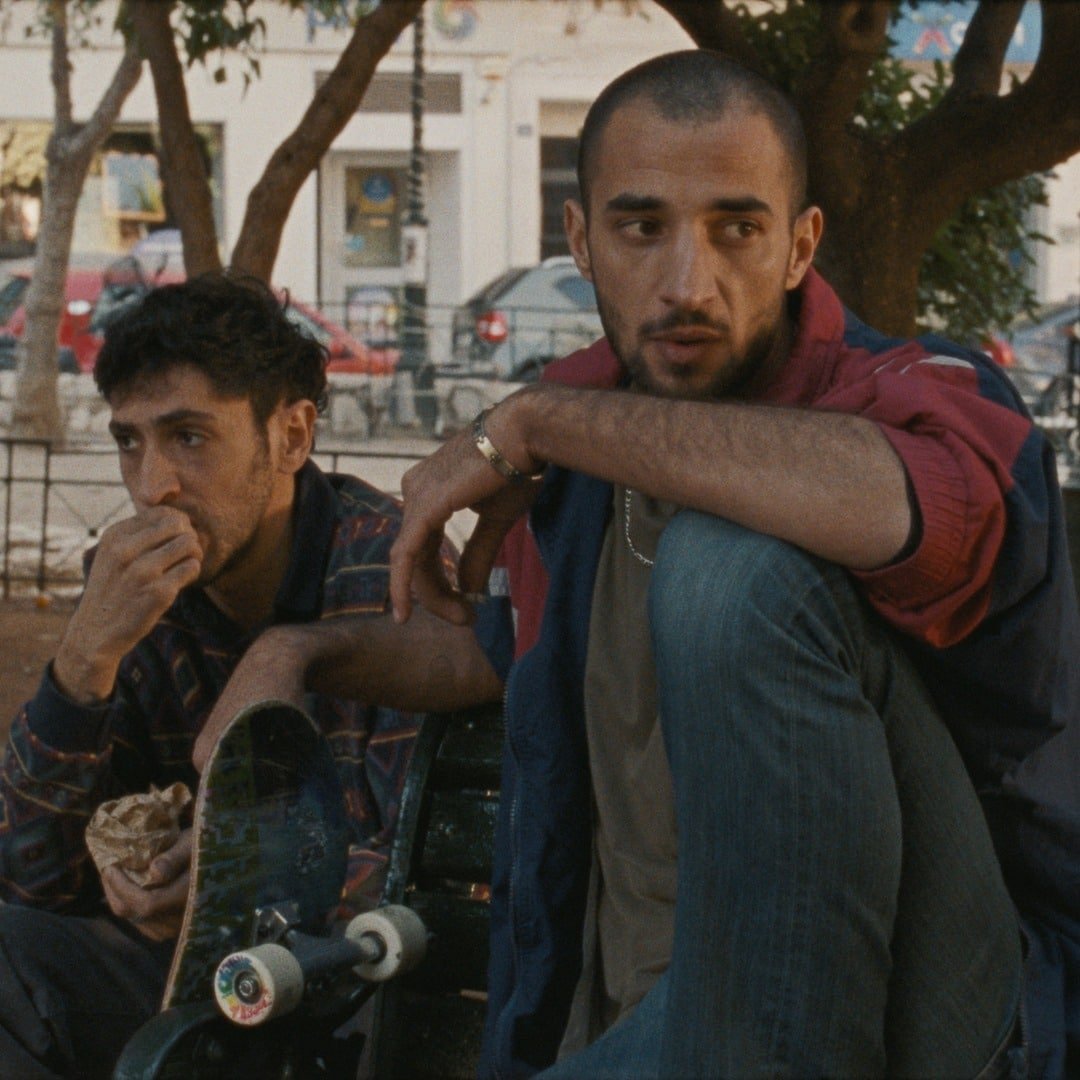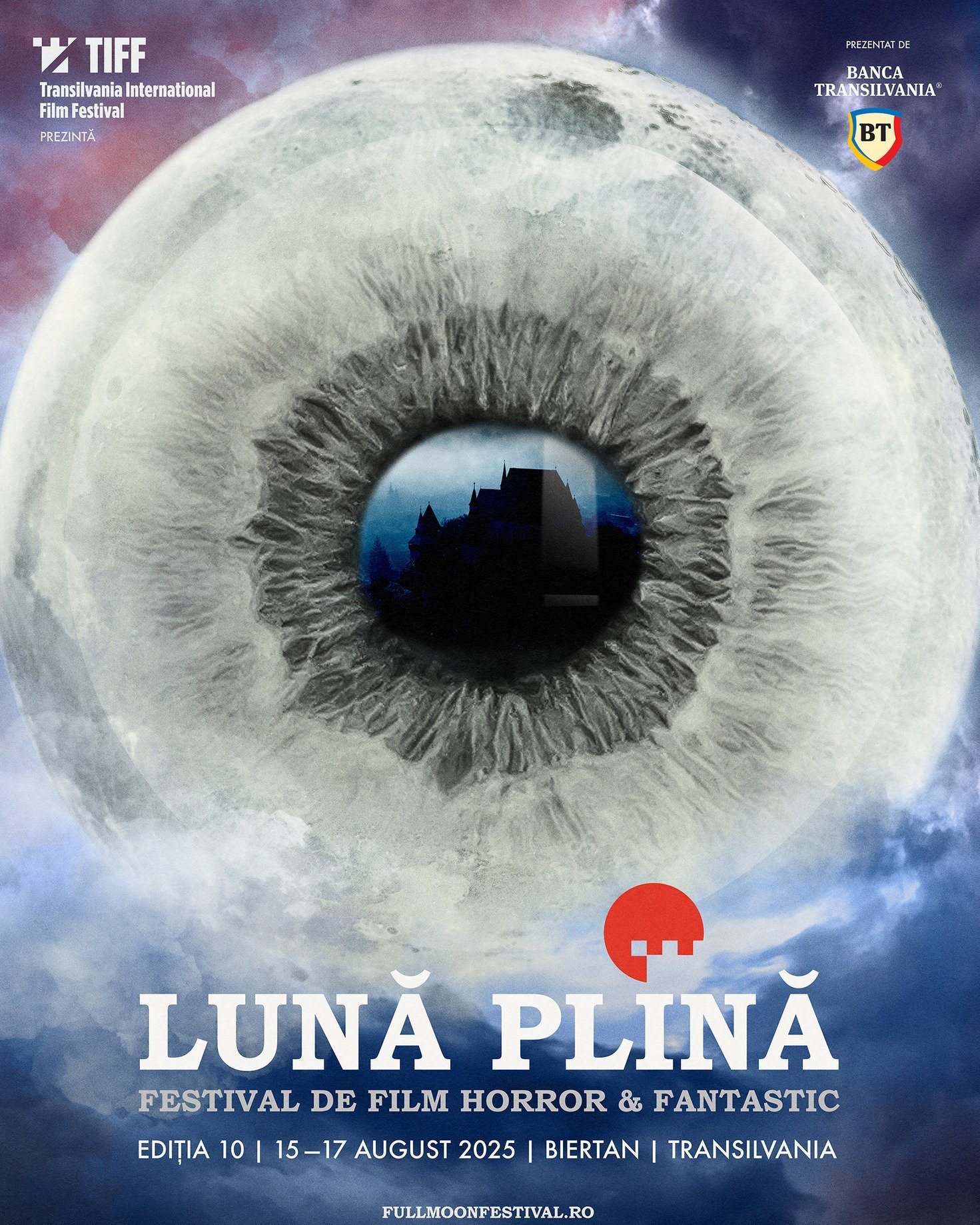Transilvania International Film Festival (TIFF) – Romania 2026
Background & History
- Origins and Founding: The Transilvania International Film Festival (TIFF) was founded in 2002 by the Association for the Promotion of Romanian Film (Asociația pentru Promovarea Filmului Românesc) in Cluj-Napoca, the historic capital of Transylvania. It emerged as Romania’s first international feature film festival, aiming to bridge local cinema with global audiences and promote innovative storytelling. The inaugural edition featured a modest program but quickly gained traction, establishing TIFF as a platform for emerging directors and international collaborations.
- Cultural Significance: TIFF plays a pivotal role in Romania’s cultural landscape, celebrating cinematic art while highlighting Transylvania’s rich heritage. As one of Eastern Europe’s leading film events, it fosters dialogue between filmmakers and audiences, promotes Romanian cinema abroad, and contributes to Cluj-Napoca’s designation as a UNESCO City of Film since 2021. The festival emphasizes diversity, originality, and youth culture, attracting over 100,000 participants annually and serving as a hub for cultural exchange in a region steeped in history, from medieval castles to vibrant modern arts scenes.
- Historical Evolution: Over two decades, TIFF has expanded from a local event to a major regional festival, accredited by FIAPF in 2011 as a competitive festival for first- and second-time directors. It has grown to include over 250 films per edition, with sections like international competitions, retrospectives, and industry programs. Milestones include hosting Lifetime Achievement Awards for icons like Sophia Loren (2016) and Geoffrey Rush (2023), and expanding to Sibiu (2007) and Oradea (2018). The festival has weathered economic challenges post-2008 but thrived through partnerships with Creative Europe MEDIA Programme, evolving into a multifaceted event blending film, music, and education.
- Modern Impact: Today, TIFF is Romania’s largest film festival, drawing global attention with its focus on new voices, documentaries, and controversial works. It supports sustainable practices, accessibility for all ages, and regional talent through initiatives like RO Days. With Cluj-Napoca’s UNESCO status, TIFF enhances the city’s reputation as a cultural powerhouse, influencing tourism and film production in Transylvania while preserving traditions like folk-inspired screenings and community engagements.
Event Highlights
- Main Activities or Performances:
- Film Screenings and Competitions: Over 250 films, including international feature fiction and documentary competitions for debut and second-time directors, showcasing innovative narratives. Expect award-winning season hits, provocative dramas, and retrospectives of masters like Wim Wenders or Claude Lelouch.
- Cine-Concerts and Concerts: Live music accompaniments to silent films or classics, plus standalone performances by international artists, blending cinema with Transylvanian folk influences.
- Industry Events (RO Days): Professional gatherings like Transilvania Pitch Stop (co-production platform), Transilvania Talent Lab (for young filmmakers), Full Moon Script Contest (horror/fantasy scripts), and Drama Room (series development), fostering collaborations among directors, producers, and distributors.
- Special Traditions or Features:
- Awards Ceremony: Culminates with the Transilvania Trophy (€10,000), Best Director (€3,500), Special Jury Prize (€1,500), Best Performance, What’s Up Doc Prize (€2,000), and Romanian Days Awards for features, debuts, and shorts, celebrating emerging talent in a glamorous gala.
- EducaTIFF: A dedicated educational section with films, workshops, and activities for children and youth, awarded Romania’s Best Educational Project in 2011, promoting film literacy and creativity.
- Lifetime Achievement Honors: Annual tributes to cinema legends, with past recipients like Sophia Loren, Nicolas Cage, and Geoffrey Rush sharing insights and screenings.
- Unique Attractions for Visitors:
- Art Exhibitions and Q&As: Interactive displays on film history and meet-the-director sessions, allowing audiences to engage with filmmakers from around the world.
- Outdoor and Unconventional Venues: Screenings in historic sites like Banffy Castle or open-air parks, enhanced by Transylvanian folklore elements like themed projections.
- Film Food Section: Gourmet dinners inspired by festival films, prepared by top chefs, combining culinary arts with cinematic storytelling for a sensory experience.
Date & Duration
- Dates: June 12 – June 21, 2026
- Duration: 10 days
Visiting this event? Don’t miss out on these amazing activities and local experiences while you’re here.
Venue / Location
- City: Cluj-Napoca, Transylvania, Romania
- Main Venues: Central cinemas like Florin Piersic Cinema (Mihai Viteazu Square 11), Cinema Victoria (51 Eroilor Boulevard), Cinema Arta (3 Universitatii Street), and Casa de Cultură a Studenților (Lucian Blaga Square 1-3); outdoor spots including Unirii Open Air (Unirii Square), Iulius Park Open Air (53B Alexandru Vaida Voevod Street), and Poligon Park Floresti (13 Sub Cetate Street, Floresti).
- Notable Areas: Events span Cluj-Napoca’s historic center, with screenings at cultural hubs like the Art Museum (30 Unirii Square), National Theatre (Piața Ștefan cel Mare 2-4), and BT Arena (Strada Uzinei Electrice). Additional sites include Dacia Mănăștur Cinema, Mărăști Cinema, Sapientia University, and Banffy Castle in Bonțida (DJ161), offering a mix of indoor theaters and scenic outdoor venues amid Transylvania’s architecture.
- Google Maps Address: Str. Popa Soare Nr. 52, Sector 2, București (festival headquarters; main events in Cluj-Napoca, e.g., Florin Piersic Cinema at Mihai Viteazu Square 11, Cluj-Napoca 400100, Romania)
Ticket Information
- How Tickets Are Sold:
- Online via tiff.eventbook.ro or bilete.ro, with reservations using unique codes from TIFF Cards.
- On-site at festival box offices, such as Unirii Square ticketing point (issued June 9–12 prior to start), and venue-specific offices like Florin Piersic Cinema.
- TIFF Cards (virtual or physical) allow pre-purchasing for multiple screenings; accepts credit cards, cash, and possibly group bookings for industry events.
- Admission Type: Paid for most screenings, with some free outdoor events and EducaTIFF activities; industry accreditations separate.
- Ticket Pricing (USD):
- Minimum: $6 (approx. 25 RON) for outdoor screenings or single tickets.
- Maximum: $330 (approx. 300 RON) for premium packages like Film Food dinners or cine-concerts; individual gala/concert tickets up to $13 (60 RON).
- Special Seating or VIP Options:
- TIFF Gold Card for priority seating and unlimited access (details TBD for 2026, typically includes VIP lounges and Q&As).
- Press accreditations via acreditare@tiff.ro for complimentary access; student/youth discounts available; accessibility seating at select venues like Cinema Victoria.
Contact Information
- Email: info@tiff.ro (general inquiries); press@tiff.ro (media); acreditare@tiff.ro (press accreditations)
- Phone: +40 213 266 480 (English and Romanian support available, weekdays 9:00 a.m.–5:00 p.m.)
- Website: https://tiff.ro (program, tickets, updates)
- Social Media:
- Instagram: @tiffromania
- Facebook: @TIFFromania
- YouTube: @TIFFteam
- Key Staff: Renate Roca-Rozenberg (PR Manager); Mihai Chirilov (Artistic Director); Tudor Giurgiu (Festival Director)
- Press/Volunteers: Press office at press@tiff.ro; volunteer applications via website (roles in ticketing, guiding, logistics; 2026 details TBD)
- Note: Response time ~24–48 hours. Multilingual support for international attendees; headquarters in Bucharest handles year-round operations.
Cultural Experience
- Traditions:
- TIFF integrates Transylvanian folklore through themed screenings and exhibitions, evoking Romania’s rich heritage of storytelling, often inspired by Dracula lore and medieval history, with events like the 2007 Nosferatu mascot tying into local myths.
- Community gatherings at outdoor venues foster social bonds, mirroring Romanian customs of shared feasts and performances during festivals, emphasizing hospitality and oral traditions.
- Music:
- Cine-concerts feature live orchestras accompanying films, blending classical scores with Transylvanian folk instruments like the cimbalom or violin, creating immersive experiences that highlight Romania’s musical diversity from Gypsy brass bands to contemporary fusions.
- Unplugged concerts and Art Museum performances showcase emerging artists, often incorporating regional sounds from Cluj-Napoca’s vibrant indie scene.
- Costumes:
- While not costume-focused, retrospectives and galas feature elegant red-carpet attire, with nods to traditional Romanian embroidery in decorations; EducaTIFF includes workshops on visual arts, encouraging creative expression through film-inspired designs.
- Local Customs:
- Q&A sessions and masterclasses promote interactive dialogue, reflecting Romania’s emphasis on education and cultural exchange; the festival aligns with local Orthodox traditions by scheduling around holidays, offering a window into Transylvanian life through films exploring identity and history.
- Sustainability initiatives, like eco-friendly venues, echo modern Romanian values of preserving natural and cultural landscapes in Transylvania.
Food & Drinks
- Must-Try Specialties:
- Sarmale: Traditional cabbage rolls filled with minced pork and rice, served with sour cream; a staple at festival street stalls, symbolizing Romanian comfort food.
- Ciorbă de Burtă or Ciorbă Rață: Creamy sour soups with tripe or duck, garnished with garlic and lemon; hearty options for pre-screening meals, available at nearby eateries.
- Mici (Mititei): Grilled skinless sausages seasoned with garlic and spices, paired with mustard and bread; popular festival snacks from food trucks.
- Tuică: Romania’s national plum brandy, a potent spirit often shared in toasts; try at Casa TIFF’s VISUIN restaurant for an authentic aperitif.
- Socată: Refreshing elderflower cordial, a non-alcoholic summer drink; light and floral, perfect for outdoor screenings.
- Papanasi: Fried doughnuts filled with cheese and topped with jam and cream; a sweet treat from local patisseries.
- Film Food Experiences: Festival-specific gourmet dinners inspired by films, featuring fusions by chefs like Florin Dumitrescu, including international cuisines with Romanian twists like seafood or Michelin-style plates.
Getting There
- By Air: Cluj International Airport (CLJ), 10–15 minutes from city center by taxi or bus; direct flights from major European hubs like London, Frankfurt, and Istanbul via carriers like Wizz Air or Lufthansa.
- By Train: Cluj-Napoca Railway Station, central and walkable to venues; high-speed connections from Bucharest (6–7 hours) or Budapest (4 hours) via CFR Călători; book at cfrcalatori.ro.
- By Bus: Services from Bucharest (7–8 hours) or other cities via FlixBus or local operators; drops at central stations near Unirii Square.
- By Car: From Bucharest (500 km, 6 hours via A1/E81); parking limited during festival—use apps like Parkopedia for spots near Iulius Mall or park-and-ride options. Rental cars available at airport.
- Local Transport: Walkable city center; trams, buses (via CTP Cluj), or rideshares like Bolt/Uber; festival shuttles may operate between venues like Banffy Castle.
- Accessibility: Wheelchair-friendly options at main cinemas; airport transfers via taxi for disabled travelers.
Accommodation Options
- Hotels:
- Grand Hotel Italia Cluj-Napoca: 4-star central luxury, near Unirii Square, ~$80–$150/night, with spa and festival packages.
- Hotel Beyfin: Budget-friendly 3-star, 10-minute walk to venues, ~$50–$90/night, clean and convenient.
- DoubleTree by Hilton Cluj: Modern 4-star near train station, ~$90–$160/night, family rooms available.
- Guesthouses/B&Bs:
- Casa TIFF: Festival-affiliated guesthouse in historic building, ~$70–$120/night, immersive with on-site events and VISUIN restaurant.
- Retro Youth Hostel: Cozy backpacker spot near center, ~$20–$40/night for dorms, social vibe for film fans.
- Camping/Airbnb:
- Airbnb Apartments: Central options like Downtown Memo (2-bedroom, courtyard view, ~$60–$100/night) or luxury units near Matei Corvin Square (~$80–$140/night).
- Camping Omega: Scenic site 20 km outside, ~$15–$30/night, with shuttles to Cluj.
- Booking Tips: Book early via booking.com or visitcluj.eu; festival high season spikes prices—opt for packages including TIFF Cards. Proximity to Unirii Square ideal for walking to screenings.
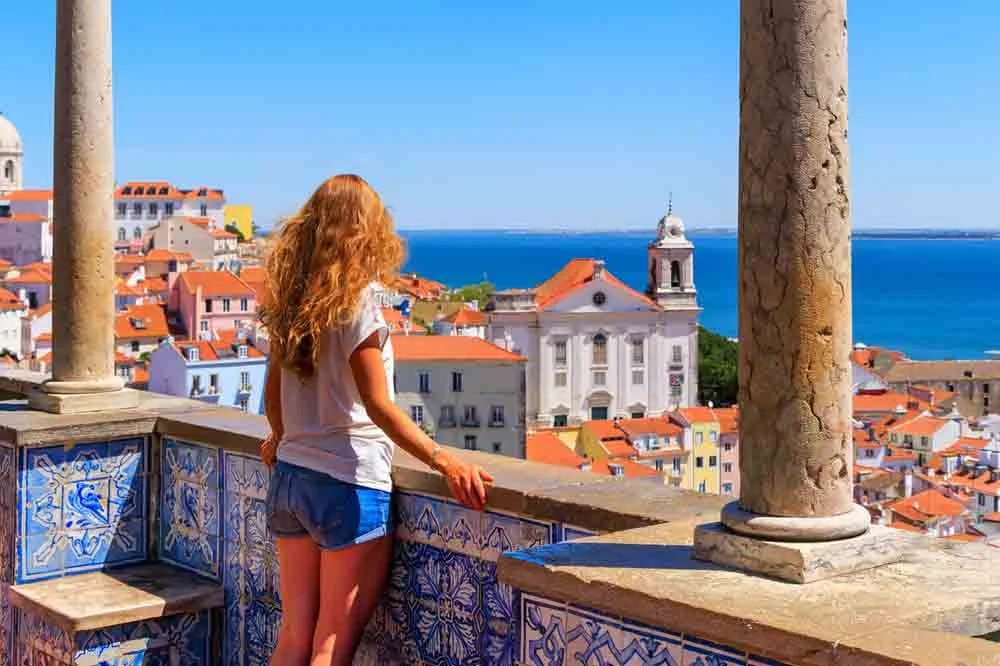
Attention!
We offer complete packages including Event Tickets, Accommodation, Transportation & more — so you don’t have to worry about anything.
Contact Us →Before you go, check these helpful travel products:
Maps
Contact
Video
FAQ's
What are the dates and duration of TIFF 2026, and what is the typical schedule?
TIFF 2026 runs from June 12–21, lasting 10 days in Cluj-Napoca. Daily programming starts around 10:00 a.m. with workshops and screenings, peaking in evenings with galas, cine-concerts, and Q&As until midnight; includes free outdoor events and industry sessions for a full immersion in film and culture.
How much are tickets, where can I buy them, and what events are free or discounted?
Single tickets range from $6 (outdoor) to $13 (galas/concerts) in USD; packages like TIFF Cards up to $330 for multiple access. Buy online at tiff.eventbook.ro or on-site at Unirii Square box office. Free events include some EducaTIFF screenings and outdoor projections; discounts for students, youth, and cardholders—press free via accreditation.
Is TIFF family-friendly, and what activities are available for children and youth?
Yes, highly family-oriented with EducaTIFF offering age-specific films, workshops, and creative activities for kids and teens, awarded Romania's top educational project. Venues like Unirii Open Air are accessible; children under 12 often free—perfect for introducing young ones to global cinema in a safe, engaging environment.
How can I get to Cluj-Napoca for TIFF, and what local transport options exist?
Fly into Cluj International Airport (CLJ, 10–15 min to center); trains from Bucharest (6–7 hours) or buses via FlixBus. City center walkable; use CTP trams/buses ($0.50–$1/ride) or Bolt/Uber for venues like Banffy Castle. Festival shuttles and park-and-ride available—plan for crowds during peak days.
What makes TIFF unique, and how does it connect to Romanian culture?
As Romania's premier film festival since 2002, TIFF uniquely blends international cinema with Transylvanian heritage, featuring 250+ films, industry hubs like RO Days, and traditions like cine-concerts evoking local folklore. Held in UNESCO City of Film Cluj-Napoca, it offers Q&As, exhibitions, and gourmet events, immersing visitors in Romania's storytelling legacy amid historic sites.

